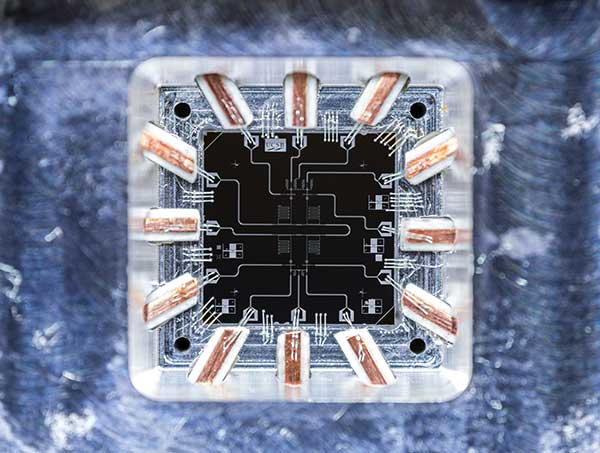
Breaking News
 Silver up over $2.26... Today! $71.24 (and Gold close to $4500)
Silver up over $2.26... Today! $71.24 (and Gold close to $4500)
 GARLAND FAVORITO: More and more fraud from the 2020 election in Fulton County, Georgia...
GARLAND FAVORITO: More and more fraud from the 2020 election in Fulton County, Georgia...
 Rep. Matt Gaetz tells Tucker Carlson that agents of the Israeli govt tried to blackmail his...
Rep. Matt Gaetz tells Tucker Carlson that agents of the Israeli govt tried to blackmail his...
 Trump: We need Greenland for national security… you have Russian and Chinese ships all over...
Trump: We need Greenland for national security… you have Russian and Chinese ships all over...
Top Tech News
 Perfect Aircrete, Kitchen Ingredients.
Perfect Aircrete, Kitchen Ingredients.
 Futuristic pixel-raising display lets you feel what's onscreen
Futuristic pixel-raising display lets you feel what's onscreen
 Cutting-Edge Facility Generates Pure Water and Hydrogen Fuel from Seawater for Mere Pennies
Cutting-Edge Facility Generates Pure Water and Hydrogen Fuel from Seawater for Mere Pennies
 This tiny dev board is packed with features for ambitious makers
This tiny dev board is packed with features for ambitious makers
 Scientists Discover Gel to Regrow Tooth Enamel
Scientists Discover Gel to Regrow Tooth Enamel
 Vitamin C and Dandelion Root Killing Cancer Cells -- as Former CDC Director Calls for COVID-19...
Vitamin C and Dandelion Root Killing Cancer Cells -- as Former CDC Director Calls for COVID-19...
 Galactic Brain: US firm plans space-based data centers, power grid to challenge China
Galactic Brain: US firm plans space-based data centers, power grid to challenge China
 A microbial cleanup for glyphosate just earned a patent. Here's why that matters
A microbial cleanup for glyphosate just earned a patent. Here's why that matters
 Japan Breaks Internet Speed Record with 5 Million Times Faster Data Transfer
Japan Breaks Internet Speed Record with 5 Million Times Faster Data Transfer
Google on track to make quantum computer faster than classical computers within 7 months

John Martinis, one of Google's quantum computing gurus, laid out Google's "stretch goal": to build and test a 49-qubit ("quantum bit") quantum computer by the end of 2017. This computer will use qubits made of superconducting circuits. Each qubit is prepared in a precise quantum state based on a two-state system. The test will be a milestone in quantum computer technology. In a subsequent presentation, Sergio Boixo, Martinis' colleague at Google, said that a quantum computer with approximately 50 qubits will be capable of certain tasks beyond anything the fastest classical computers can do.
Researchers say that quantum computers promise an exponential increase in speed for a subset of computational chores like prime number factorization or exact simulations of organic molecules. This is because of entanglement: If you prepare entangled qubits, you will be able to manipulate multiple states simultaneously.
New Scientist reports that Google is testing a 20 qubit quantum computer. Alan Ho, an engineer in Google's quantum AI lab, revealed the company's progress at a quantum computing conference in Munich, Germany. His team is currently working with a 20-qubit system that has a "two-qubit fidelity" of 99.5 per cent – a measure of how error-prone the processor is, with a higher rating equating to fewer errors.

 Advanced Propulsion Resources Part 1 of 2
Advanced Propulsion Resources Part 1 of 2

